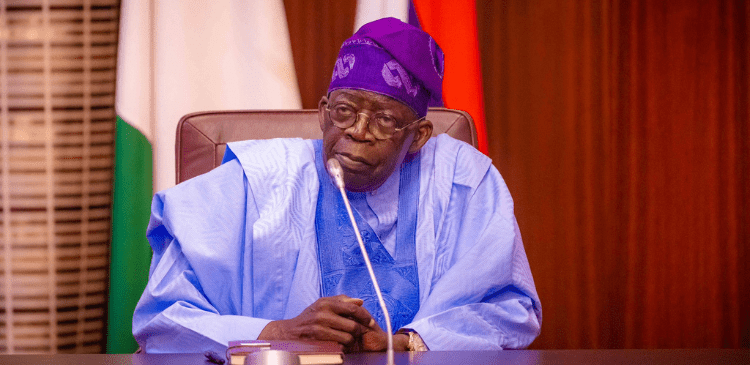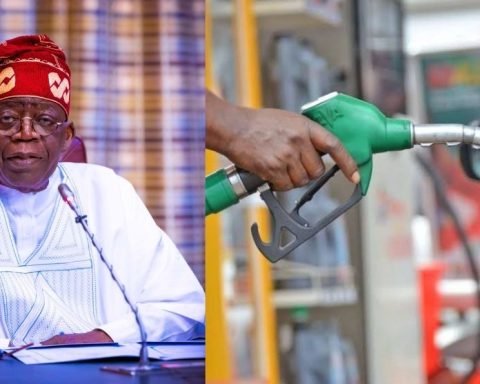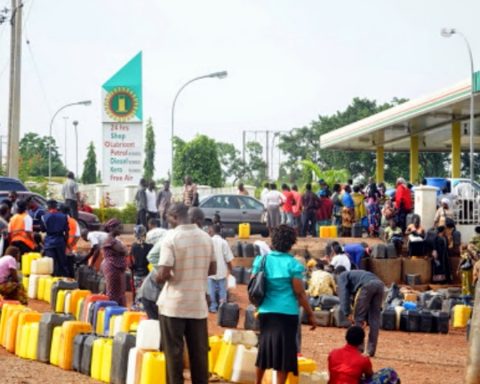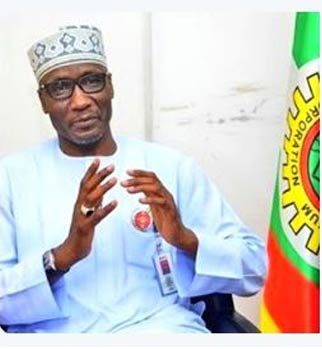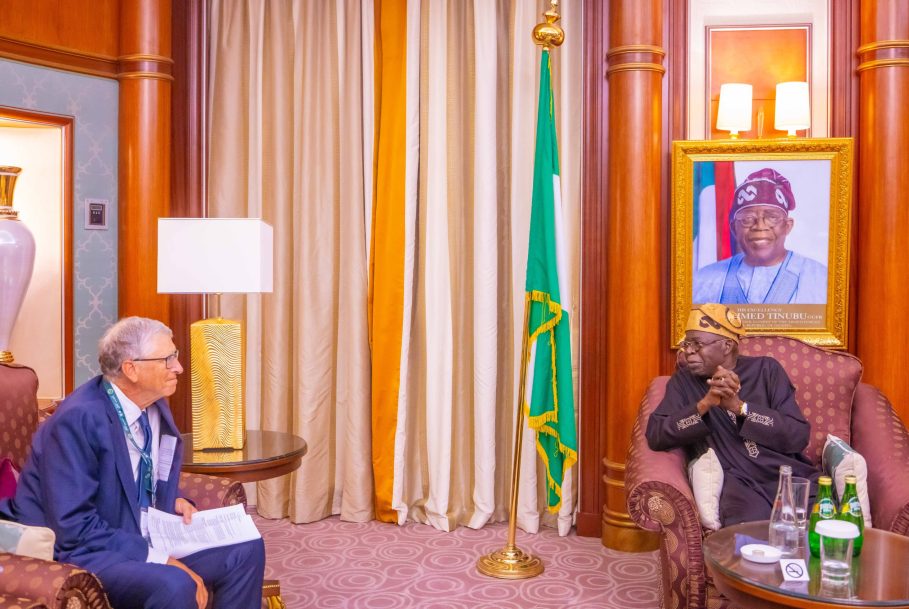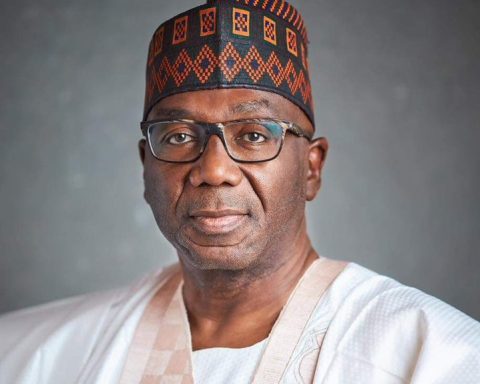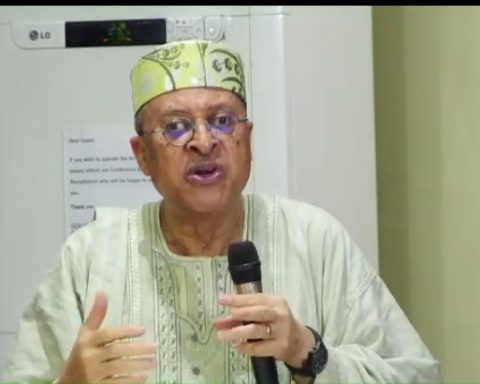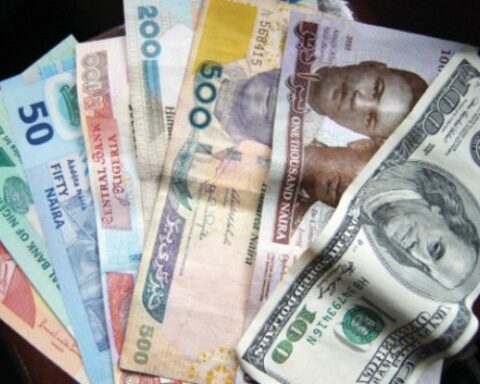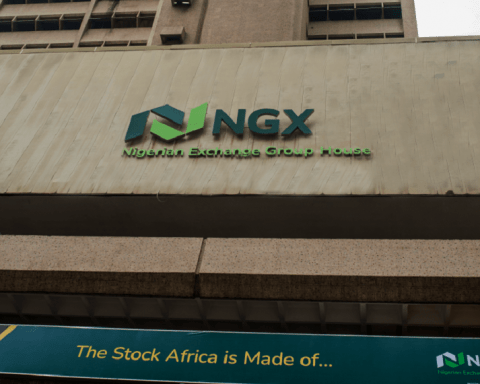President Bola Tinubu has defended his administration’s decision to discontinue fuel subsidy payments, stating that it was a necessary action to prevent Nigeria from going bankrupt.
Speaking at the Special World Economic Forum in Riyadh, Saudi Arabia, Tinubu acknowledged that the policy came with economic pains but was in the best interest of Nigerians.
Join our WhatsApp ChannelTinubu argued that removing the petrol subsidy would save the government money for infrastructural expansion and reset the economy towards growth. However, the move sparked instability in the value of the Naira and heaped hardship on Nigerians as food prices soared.
The Nigerian leader acknowledged the difficulties posed by the decision but emphasized that his government implemented parallel arrangements to cushion the impact on vulnerable citizens.
He also described the unification of the naira exchange rates as necessary to remove artificial elements of value in the currency.
Tinubu emphasized the need for stability and economic prosperity in West Africa, urging sustained economic collaboration and inclusiveness to drive capital formation and economic opportunities in Africa.
READ ALSO: Nigerian Govt, NNPC Refute Marketers, El-Rufai’s Claim of Fuel Subsidy Payment
“The rest of the world needs to look at the fundamentals of the problem; not just ordinary geopolitically, but it has to go to the root. “Has the world paid attention to the poverty level of Sahel and the rest of ECOWAS? “Have they helped the infusion of capital and paid adequate attention to the exploitation and opportunities availed by the mineral resources available?” Tinubu said
He called on bigger economies to actively participate in the promotion and prosperity of the region and urged global collaboration to address the root causes of poverty and instability in Africa’s Sahel region.
The Special World Economic Forum in Riyadh brought together over 1,000 leaders from business, government, and academia from more than 90 countries to address pressing global challenges across three core themes: revitalizing global collaboration, fostering inclusive growth, and catalyzing action on energy for development.
Emmanuel Ochayi is a journalist. He is a graduate of the University of Lagos, School of first choice and the nations pride. Emmanuel is keen on exploring writing angles in different areas, including Business, climate change, politics, Education, and others.


